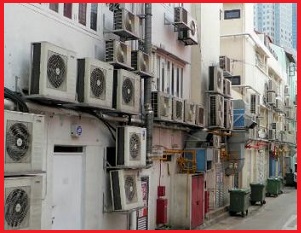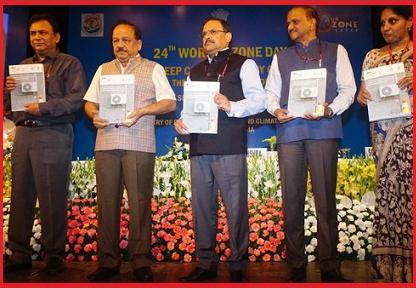Updated By: LatestGKGS Desk
India Cooling Action Plan 'ICAP' Draft Details, Features, Aim, Highlights

India Cooling Action Plan 'ICAP' Draft Details, Features, Objectives, Goal, Highlights
ICAP addresses cooling requirement across sectors and lists out actions which can help reduce cooling demand. Its initiates is to look for synergies in actions for securing both environmental and socio-economic benefits.
ICAP’s overarching goal is to provide sustainable cooling and thermal comfort for all while securing environmental and socio-economic benefits for the society.
List of Goals suggested in ICAP are
Reducing refrigerant demand by 25% to 30% by the year 2037-38.
Reduce cooling demand across sectors by 20% to 25 % by the year 2037-38.
Reducing cooling energy requirements by 25% to 40% by the year 2037-38
Training and certify 100,000 servicing sector technicians by 2022-23, in synergy with Skill India Mission.
Recognize cooling and related areas as thrust area of research under national science and technology programme to support the development of technological solutions and encourage innovation challenges.
Broad objectives of ICAO
Assessment of cooling requirements across sectors in next 20 years and the associated refrigerant demand and energy use.
Mapping of the technologies available to cater the cooling requirement including passive interventions, refrigerant-based technologies and alternative technologies such as not-in-kind technologies.
Suggesting interventions in each sector to provide for sustainable cooling and thermal comfort for all.
Focusing on skilling of refrigeration and air-conditioning (RAC) service technicians.
Developing R&D innovation ecosystem for indigenous development of alternative technologies.
